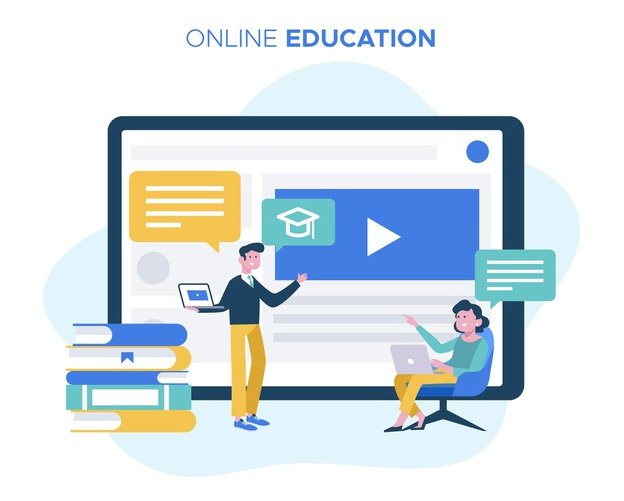eLearning or online learning has been around for ages now and has undergone considerable evolution over the years. Artificial Intelligence (AI) has been enabling a lot of functions to take quantum leaps and has revolutionized eLearning. eLearning is not far behind. AI has exciting implications for the way we learn and become future-ready, and the way eLearning development services are rendered.
Some of the most common applications of AI in learning today are related to personalized learning, recommendation of learning resources, deep learner performance insights, or measuring the effectiveness of learning.
Personalized learning

Before AI, online learning was a stand-alone, monotonous, almost impersonal affair, in spite of the best of learning strategies employed by course creators. Employees used to go through courses assigned to them on the LMS, without much opportunity to interact with other employees with similar learning needs or interests. Today, we have moved from the concept of LMS (Learning Management System) to LXP (Learning Experience Provider). LXPs leverage AI to create personalized learning paths for employees based on their learning needs, interests, and trends as well as give recommendations based on the learning content or resources being consumed by their peers. They also help curate learning from multiple sources.
Automated grading and deep insights

LMS and LXPs make grading an automated affair, which enables trainers to spend time on more fruitful activities like personal interaction with learners and continuous improvement of learning content. Moreover, with AI and data mining algorithms, it is possible to generate a host of insights, such as learner performance group or department-wise, geography-wise,
trends in learner engagement and performance, etc.
Wholesome learning experience
Today, learners live in a world of content explosion, and they want to be able to consume the latest content in their areas of interest or expertise. They want easily accessible, updated and interactive content at their disposal.
Platforms like EdCast and several others apply Artificial Intelligence (AI) and Machine Learning (ML) algorithms, then provide corporate learners with the online training resources they require. Resources are used from sources like youtube videos, ted talks and other learning libraries on the web. Learners are given recommendations based on their performance on key metrics, assessment scores, what courses they are viewing already, what courses others with similar roles in the organization, similar learning needs, or similar learning interests are taking, etc.
The result is wholesome learning and learning from the best resources available out there.
Measuring Learning Effectiveness
Data Analytics and AI can be game-changers and give L&D organizations some real tools to measure the effectiveness of their learning programs and use that data for continuous improvement and transformation. If we consider Kirkpatrick’s Model as the anchor, Data Analytics and AI can make it much easier to evaluate learning effectiveness at each level of the model.
For more details, you can refer to another article I have written on this subject here or here.
In conclusion, AI has Revolutionized the elearning landscape and organizations will do well to harness the power of AI to deliver meaningful, lasting learning experiences to their employees.


